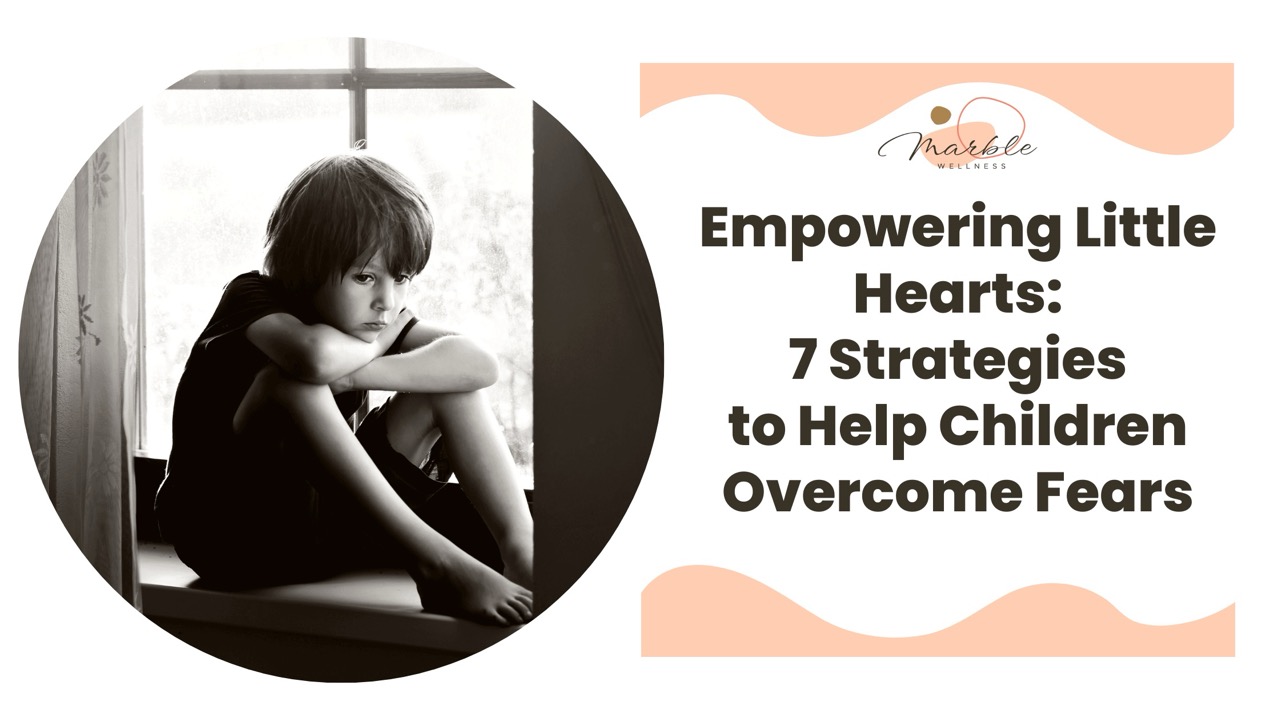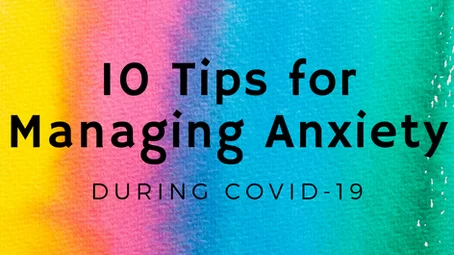- Your 4-year old cannot stay in bed at night due to fear of the dark.
- Your 9-year-old turns down an invitation to a friend’s house because they fear the family’s dog.
- Your 7-year-old watches the weather obsessively as they worry about incoming storms.
- Your 10-year-old is missing the fun of anticipating an upcoming trip because they are focused on their fear of the plane ride there.
Do These Childhood Fears Sound Familiar to You?
These types of childhood fears are extremely common, but they can make life harder for children and their parents alike. Fears cause children to miss out on fun events, disturb sleep, and hurt self-esteem. Family routines may be disrupted in order to accommodate these fears.
Helping children face and overcome childhood fears can be a challenge for parents, who may worry their response could enable the fear – or trivialize it. Fortunately, there are steps that parents can take to assist their children in appropriately confronting fear with love and strength.
Listen with empathy.
Allow your child to tell you about their feelings without judgment. Listen actively to as they express themselves, letting them know that you understand where they are coming from and acknowledging their emotions. Reassure your child without dismissing their fears. This validation will help your child feel supported and understood.
Educate your child.
Sometimes removing some of the “unknowns” can help to alleviate fear. Providing age-appropriate information about the cause of the fear can empower the child to better address their fear and clear up any misinformation the child may have or irrational beliefs they hold on the subject.
Provide coping strategies.
Encourage the child to utilize positive coping strategies such as deep breathing techniques, progressive muscle relaxation, or visualizing a peaceful place when the fear comes up.
You may also want to consider teaching child-friendly mindfulness techniques to help your child manage their emotional response to their fear. For example, naming 3 things they can see, 3 things they can hear, and moving 3 different body parts can help children refocus their attention and bring them into the present moment.
Fearful children tend to have a negative inner monologue. Coach your child to be kind to themselves by helping them utilize positive self-talk to lift themself up when their fear arises.
As your child learns to be kind to themself, they can also practice talking back to the fear. A child can tell their “worry brain” or the “worry monster” to “Be quiet!” or “Back off!” This reframes the fear and gives the child a sense of control over their fear.
Model Calm Behavior.
Children learn by observing, and parents are our children’s first teachers. Model calm and confident behavior in situations similar to those your child fears, showing them how to manage fears effectively.
If you are working with an older child, and if you are comfortable, you may want to share some of your own fears and how you manage them with your child. This both normalizes their fears and provides a model for facing them.
Provide Gradual Exposure.
Introduce the object or situation your child fears gradually, in a controlled environment. Start with less intimidating aspects of the fear, then gradually increase the child’s exposure until they become more comfortable.
For example, for a child who is afraid of dogs, this might look like watching cartoons or animated movies about dogs, viewing photos of dogs, then watching videos of children playing with dogs, visualizing interacting with a dog, and finally meeting a dog who is known to be calm and gentle.
Always respect a child’s pace and comfort level, as forcing a child into a situation they are not ready for can trigger intense fear and be traumatic and counterproductive. Follow the child’s lead in exposing them to their fears, reinforcing their coping strategies as you go.
Celebrate Progress!
Acknowledge and celebrate even the smallest victories as your child makes progress in overcoming their fears. As you celebrate, take the opportunity to highlight the child’s strengths and resilience. This positive reinforcement can increase their motivation and give their confidence a boost.
Seek Professional Help, If Needed.
Sometimes a child’s fears are too severe for parents alone to help. If your child’s fears have a significant impact on their daily life or persists despite your efforts to help, consider seeking the help of a mental health professional. Using evidence-based modalities such as play therapy and cognitive-behavioral therapy, your therapist will partner with you and your child to guide you both in working through your child’s fears.
Remember that each child is unique, and what works for one may not work for another. Be patient and flexible in your approach and provide ongoing support as the child works through their fears.
Start Therapy for Moms in West County, MO
If you want to talk about this, or other parenting concerns, we are ready to talk with you. Therapy for moms in our West County, MO counseling practice is easy and convenient. If you’d prefer to do online therapy in Missouri from wherever you are in the state, that’s fine too! Reach out today to get started.
Contact Us!

Additional Counseling Services at Marble Wellness in St. Louis, MO and Chicago, IL
Counseling services are designed to help set you on a path of living a more fulfilled, calm, and happy life.
St. Louis
Our St. Louis team of therapists has a variety of training backgrounds and areas of expertise. We specialize in anxiety, depression, grief, chronic illness, therapy for men, couples, and maternal overwhelm. Our practice also helps new moms with various postpartum concerns, moms in the thick of parenting, and moms with teens. We can also chat from wherever you are in the state with online therapy in Missouri and online therapy in Illinois. No matter where you are in your journey, we would love to support you.
Chicago
Our Chicago team of therapists offers a wide range of mental health services to help our clients through the different challenges and hurdles in their lives. In addition to anxiety, depression, grief, therapy for men, and maternal overwhelm, we specialize in professional burnout, therapy for breakups, and love partnering with working moms.



